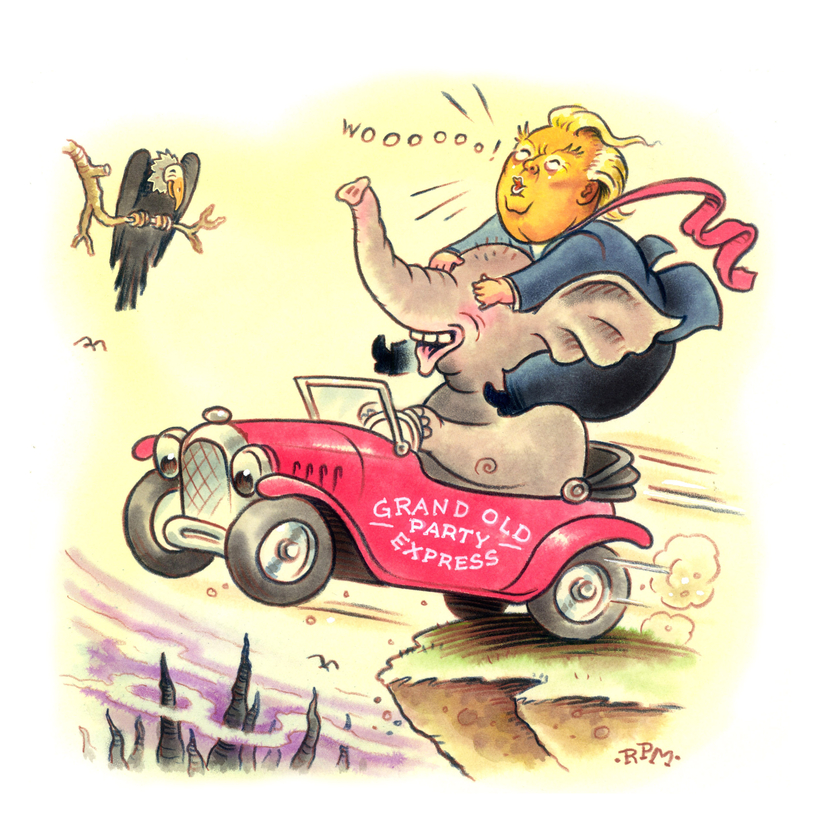Anne Applebaum likes to throw parties — big parties that last all night, where complete strangers pass out on her basement floor. This book begins with one party at the dawn of the millennium and ends with another in August 2019. Very few guests went to both parties, something significant to her message. “I would now cross the street to avoid some of the people who were at my New Year’s Eve party,” she writes. Those parties are a measure of political change, an indicator of the “twilight of democracy”.
Applebaum is a distinguished journalist and a superb historian — her Gulag: A History, published in 2003, still haunts me. She’s American, but lives in Poland with her husband, Radek Sikorski, formerly the Polish foreign minister. Her political instincts are conservative; she describes herself as “pro-European, pro-rule-of-law, pro-market center right”. She still admires Margaret Thatcher, saw virtue in John Major and was once enthusiastic about John McCain.


